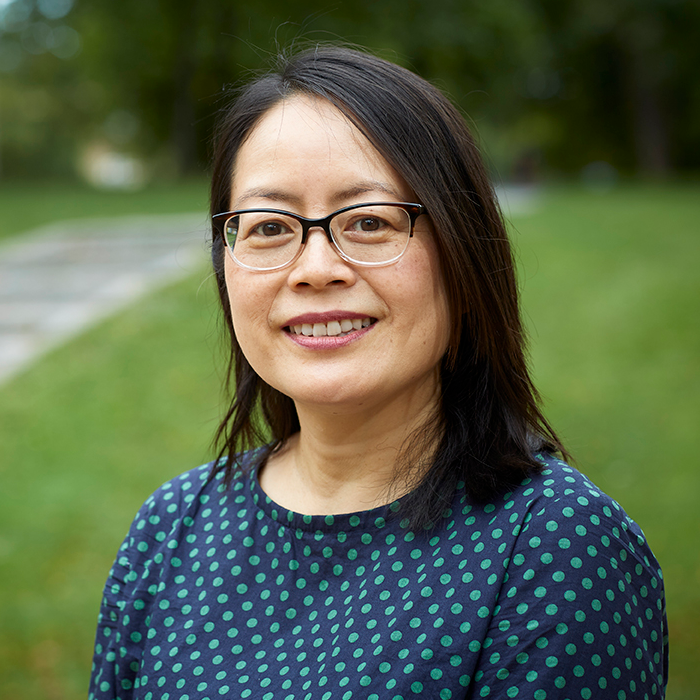
Emerging evidence indicates that circadian rhythms may be disrupted following cancer and its treatment, and that circadian rhythm disruption may be an underlying pathophysiological mechanism of cancer- and cancer treatment-related symptoms (CTRS) such as fatigue, sleep disturbance, depressed mood and cognitive impairment. Given the detrimental effect of CTRS on quality of life, there is a need for a comprehensive examination of circadian disruption related to cancer and its treatment, and associations with CTRS. The strongest entrainer of circadian rhythms is light exposure due to direct effects on the brain via a non-image forming photoreceptor system. Evidence suggests that cancer patients experiencing low light exposure may have more CTRS potentially due to circadian rhythm disruption. One goal of this study is to prospectively examine circadian rhythms and CTRS in 63 breast cancer (BC) patients from post-surgery to 12 months post-chemotherapy. A matched healthy control group (n=63) will serve as a comparison. Another goal is to evaluate light exposure as a potential protective factor against circadian rhythm disruption.
Project title:
The Role of Light and Circadian Rhythms in Cancer- and Cancer Treatment-Related Symptoms: A Prospective Controlled Study of Breast Cancer Patients During Treatment
Area of research:
Biobehavioral medicine; psychosocial oncology; neuropsychology
Fellowship period:
1 Oct 2019 - 30 Sep 2022
Fellowship type:
AIAS-COFUND II Marie Skłodowska-Curie fellow

This fellowship has received funding from the European Union’s Horizon 2020 research and innovation programme under the Marie Skłodowska-Curie grant agreement No 754513 and The Aarhus University Research Foundation.
